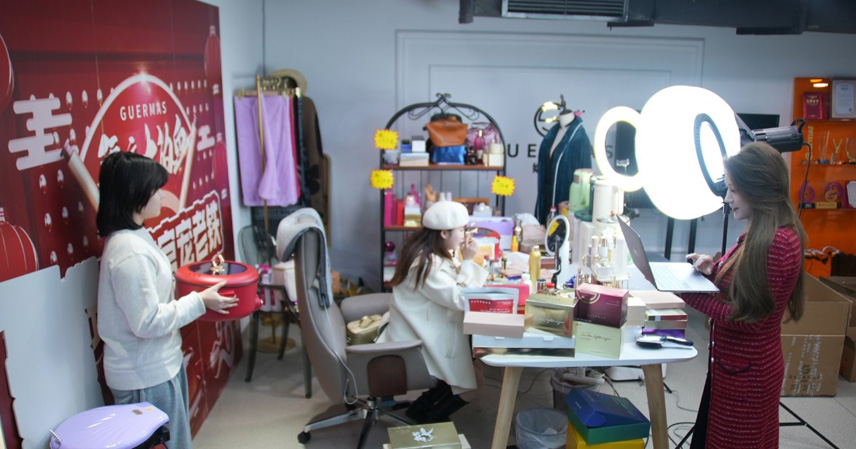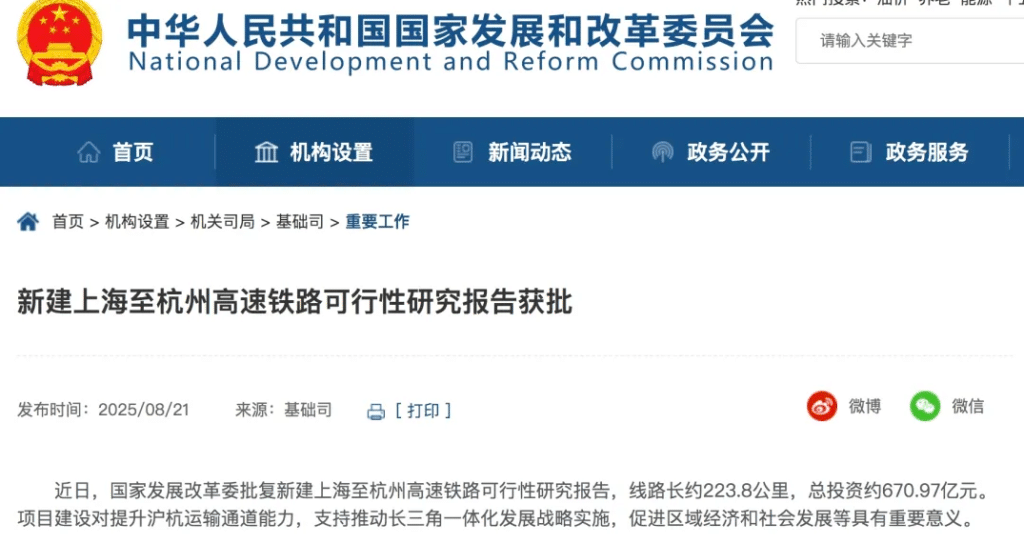In recent years, high-end bedding sets marketed in live-streaming platforms have often claimed to feature high thread counts and 100% cotton, all while maintaining seemingly low prices. These promotions give the impression of great value, but a September 2025 investigation by CCTV Finance revealed that many of these products may be misleading or of inferior quality.
Some sellers in Jiangsu and Zhejiang even falsely labeled thread counts and claimed premium cotton materials that were not authentic. Disturbingly, such deceptive practices have reportedly become an “open secret” on certain e-commerce platforms.

Industry Concerns
The CCTV investigation discovered that supposedly luxurious “170-thread count premium cotton bedding sets” were largely marketing tools rather than genuine high-quality products. Many consumers received items that differed significantly from what was showcased in the live streams.
During promotions, hosts would enthusiastically advertise: “Look here! This 100-thread count long-staple cotton bedding meets A-class safety standards, perfect for direct skin contact, at a special low price today!” In reality, these were often just display samples, and the products delivered to consumers frequently did not match these claims.

Returning such products is complicated, as verification requires professional testing, which many buyers are reluctant to pursue. Unscrupulous sellers exploit this consumer hesitation, turning deception into a widespread issue.
Investigators also visited physical home textile markets to trace the source of these substandard bedding sets. In one store, a supposedly high-end set emitted a strong, unpleasant odor upon opening, yet still carried an “A-class” label—a standard usually reserved for infant textiles. In fact, direct skin-contact products should meet B-class requirements. Staff admitted that such labeling was self-applied and misleading.

The investigation further revealed that some products labeled as “100-thread count long-staple cotton” actually contained only 40–50 threads, while others marked as 170-thread count fell below industry minimum standards. When interviewed, some sellers openly admitted: “Thread counts are exaggerated—this is an open secret here.”
Since thread count is a key measure of yarn fineness and fabric quality, misrepresentation misleads consumers, leading them to pay premium prices for inferior bedding, eroding trust in live-stream shopping.

Wider Implications
Investigators found even more troubling practices: some companies could attach “A-class” labels at will, regardless of actual quality. Others sold bedding containing 35% synthetic fibers as “100% cotton brushed fabric,” with wholesale prices as low as 95 yuan, yet sold over 200,000 sets annually.
Some even offered fake testing reports for an extra fee, complete with QR codes for verification, deceiving consumers without consequence. In some cases, bedding was marketed under misleading new names, such as “Wood Cotton Crinkle Fabric,” which was essentially pure synthetic fiber, with hosts claiming it came from a mythical “wood cotton tree”—a material with no credible source.

Regulatory Action
In response, on September 21, 2025, authorities in Haining and Nantong launched inspections. They seized 7,389 bedding sets and sampled 67 batches for testing. The investigation is ongoing, with authorities pledging swift enforcement and sector-wide reforms.
Following the crackdown, affected live-stream stores removed products, and platforms initiated self-audits. While these sellers may appear intimidating, the real challenge for consumers is enforcing their rights. Testing a single set can cost hundreds of dollars, making individual claims financially impractical, allowing fraudulent practices to persist.

Root Causes
Sellers have calculated that genuine 100-thread count bedding costs over 300 yuan, but cheaper options are marketed as “discount deals” to attract buyers. This is driven by intense live-streaming competition, where buzzwords like “high thread count” and “baby-safe” attract viewers. Platform oversight is often insufficient, enabling deception.
Over time, this breaks trust between consumers and sellers. Although hosts may promise guarantees like “ten times compensation for fakes,” they falter when asked for legitimate quality certificates. Ultimately, this exploits the information gap for profit.

High verification costs and low consumer motivation create a “fraud without risk” cycle. This impacts not only financial aspects but also health, as synthetic fibers can cause skin allergies. The resulting decline in trust makes it harder for legitimate bedding businesses to compete, creating an environment where low-quality products dominate.
Similar issues extend beyond bedding, including cosmetics with misleading ingredients and food products with concept-based marketing. The core problem remains difficult testing and costly consumer enforcement.

To improve the market, consumers should look beyond labels, and regulators need to shift inspection costs to sellers, ensuring that fraudulent practices carry consequences and promoting a healthier, more trustworthy marketplace.
References:
- CCTV Finance, “Financial Investigation on High-End Bedding,” September 2025



